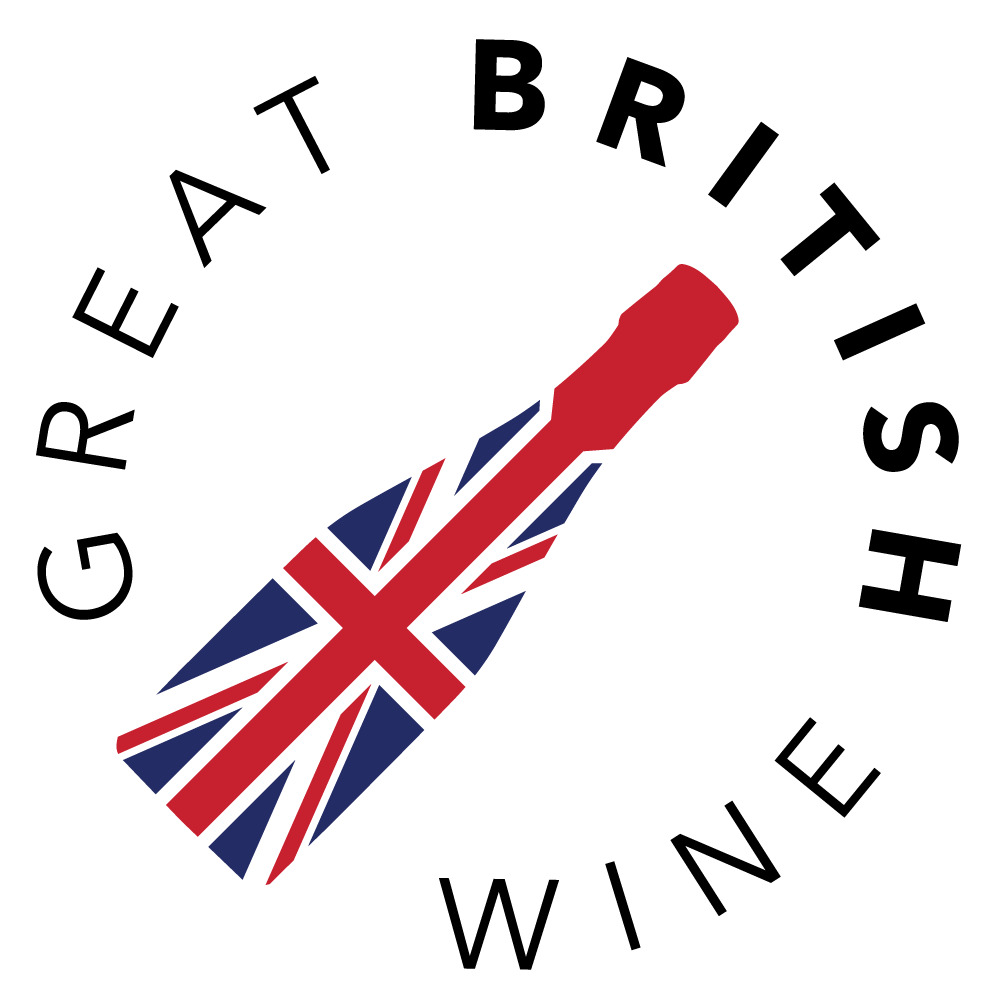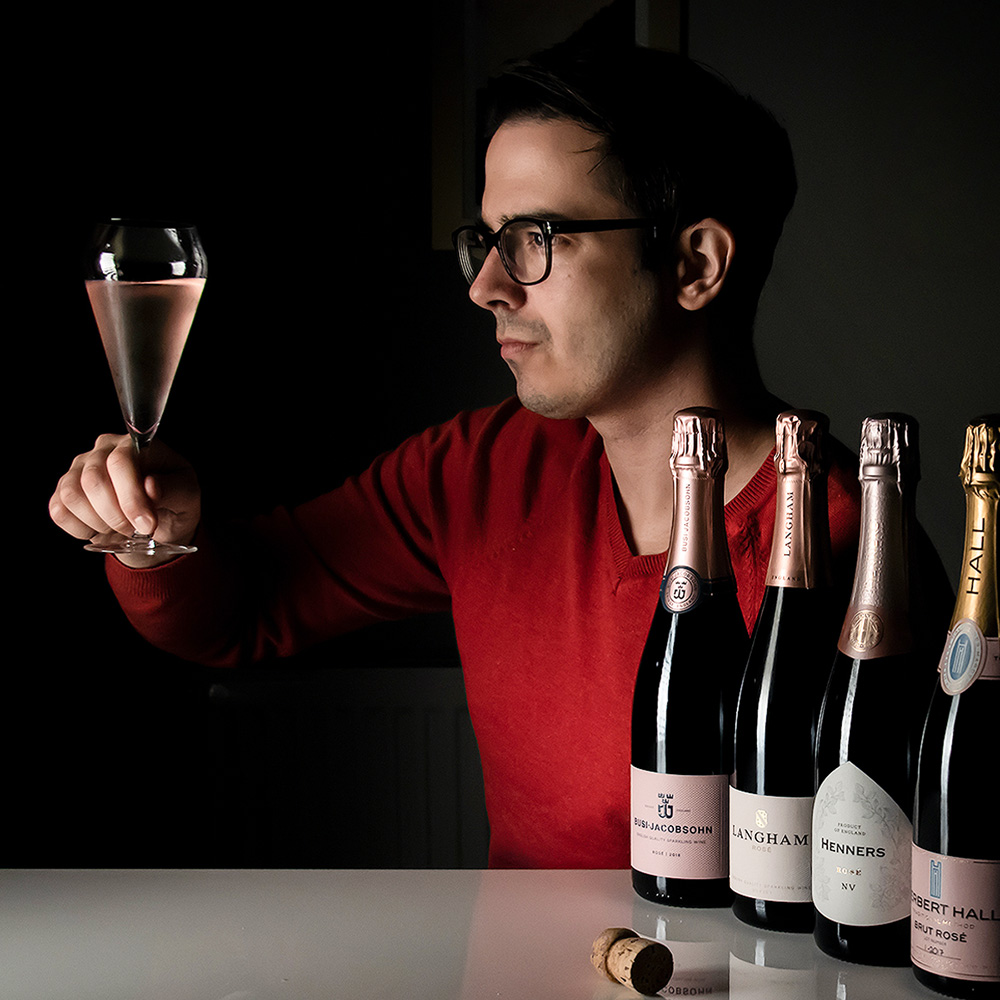3rd August 2016,
Winbirri Vineyards, a Norfolk-based, family-run producer has won four major trophies at the English & Welsh Wine of the Year Competition, which is organised by the UK Vineyards Association (UKVA) and judged by five Masters of Wine including Becky Hull MW, English and Welsh wine buyer for Waitrose, who sponsor the annual competition. Winbirri Vineyards Bacchus 2015 fought off strong competition to take four trophies:
Gore-Browne Trophy (Wine of the Year)
Jack Ward Memorial Salver (Most outstanding large production wine from 2015 vintage)
Tom Day Trophy (Most outstanding single varietal wine)
Berwick Trophy (Most outstanding large production unchaptalised still wine)
Lee Dyer, owner and winemaker at Winbirri Vineyards, accepted the awards at the Vintners’ Hall in front of a host of luminaries from the world of English wine.
“Winning the top gong for our Bacchus 2015 at the UK’s national wine awards really was the icing on the cake for us,” says Lee. “It makes all the hard work worthwhile and it will help put Norfolk on the map as a region capable of making world-class wines. It’s also a fantastic endorsement for English still wines and it’s good to see them get the recognition they deserve.”
Becky Hull MW comments, “Winbirri make some stunning wines and it’s testament to the commitment to quality and tireless efforts of Lee Dyer and his team that the Winbirri Bacchus has won so many accolades at the English & Welsh Wine Competition this year. The Winbirri Bacchus was a very worthy winner among some stiff competition, but the purity and intensity of fruit flavour captivated all of the judges.”
Although only in its third vintage, Winbirri Vineyards Bacchus has already made a huge impact, collecting eight trophies in just two years, including English & Welsh Wine of the Year and East Anglia Wine of the Year.
About Winbirri Vineyards
Winbirri Vineyards is a 25 acre (10 hectare) still and sparkling wine producer, based on the edge of the Norfolk Broads National Park. The name Winbirri, comes from the Anglo-Saxon ‘win’ (wine) and ‘birri’ (grape). Winbirri Vineyards is based in Surlingham, an important Anglo-Saxon settlement. It was established in 2007 by experienced fruit farmer, Stephen Dyer, who supplies major retailers. He spotted an opportunity and planted around 2½ acres with vines. Stephen’s son, Lee, took over at the age of 32 in 2010 when the first commercial plantings took place. Previously, Lee had held various roles in events, sales and marketing, business development and food distribution and had travelled extensively in Australia and South East Asia. He signed up for a number of intensive viticulture, oenology and wine skills courses at Plumpton College in East Sussex and immersed himself in winemaking literature before taking the plunge and has not looked back since.
Passionate, forward-thinking and talented, Lee is meticulous about looking after the vineyard.
“Quality is everything here at Winbirri,” says Lee. “It all begins in the vineyard. To make the best wines, you need the best grapes.” Meticulous attention to detail is given to the vines, with yields carefully controlled at two tonnes per acre to maintain his high standards. Every improvement, however small in itself, combined with other tweaks makes a real difference and the end result really shines through.”
Lee likes to be in control and manages everything in-house – something, he believes, that is essential to guarantee top quality. He just focuses on his own wine and does not produce wine for anyone else. Lee has plans to expand Winbirri Vineyards, with 10,000 new Bacchus vines being planted next year but not at the expense of quality.
“Keeping growth in check is very important or the quality suffers. You can’t plant too many new vines in one hit or the rest of the vineyard will suffer.”
All sites have been carefully selected so that they are not in frost pockets and each site has a lower-lying field for the frost to run off to. Mildew can be a cause for concern if not kept in check. The soils are very light, sandy loams with clay about 6ft down. There is a high flint content and all pruning is carried out by hand.
It’s a real family affair at Winbirri Vineyards with six family members pruning, grape-picking, pressing and bottling and an extra three employees at busy times such as harvest. Lee has already invested in a modern winery on-site, enabling processing to start within minutes of the grapes being picked. The equipment is all state-of-the-art, preventing oxidation and minimizing the use of sulphur dioxide. Fermentations are all temperature-controlled by computer and all bottling is done on-site with a brand new GAI bottling plant, enabling inert conditions for the wine. There are plans to purchase a disgorging machine and more tanks to keep up with the additional volume of wine coming on stream. Currently, Winbirri Vineyards produces around 50,000 bottles a year but plans are in motion for further plantings in 2017. Winbirri also offers tours and tastings throughout the year.
The three vineyards, which are all managed by Lee, are planted to Bacchus, Pinot Noir, Solaris, Rondo and Seyval Blanc with Bacchus the main focus (most of the new plantings will be Bacchus – around 10,000 vines). Rather unusually, at Winbirri, white and sparkling wines account for 60% of production and red for 40% compared to a nation average of 95%/5%.
“I see red wines playing a big part in our future, especially Pinot Noir,” says Lee. “Sparkling wine will also feature – nearly a third of the vineyard is planted to sparkling varieties, but I’m certainly not jumping on the band wagon and only heading in a sparkling route. The trophies we’ve won for our Bacchus prove that our still wines can beat any English sparkling wine.”
About East Anglia
As a wine region, East Anglia is not as well-known as Kent, Sussex, Hampshire and Cornwall but temperatures are similar to those around the south coast areas and it is one of the driest regions in the UK which gives the region a huge advantage when it comes to the critical ripening period when some regions are more exposed to disease pressure from Botrytis. In September, Plumpton has an average rainfall of 80mm whereas in East Anglia, it’s just 50mm. Bacchus prefers a drier climate and has become East Anglia’s ‘signature’ wine – aromatic and elegant. Over half of the Bacchus grapes grown in the UK are in East Anglia.
“East Anglia has so much potential as a wine region, particularly when it comes to still wines. I think Bacchus has to be the region’s jewel in the crown and, more importantly, for my site as it just works so well here. The flavour profiles and aromas we can achieve here from our vines are second to none! We have more sunshine and less rainfall here, especially in September, giving us the edge when it comes to the all-important ripening time. I’m in this for the long-haul and am looking forward to giving Sussex, Kent and the rest of the south coast a good run for their money over the next few years.”
Lee is a proactive committee member of the East Anglian Vineyard Association and is keen to work closely with producers such as Giffords Hall in Suffolk and New Hall in Essex to promote his region and English wines in general.
Stockists
Winbirri wines are available from Waitrose, M&S, Lea & Sandeman and various local independent retailers and farm shops. They can also be found in many of the top end restaurants in Norfolk, such as Roger Hickman’s, Flying Kiwi Inns, Last Wine Bar, The Wilderbeast, Stoke Mill, Titchwell Manor, Roots, Green Pastures, The Crab House and Maids Head Hotel. Winbirri wines are also served at the Montagu Arms in Beaulieu, Hampshire and Stovells in Chobham, Surrey.
Sergio Dos Santos, Head Sommelier at the Michelin-starred Montagu Arms is a convert: “What makes Lee’s Bacchus so special is its sense of place. His Bacchus represents everything you look for in this grape variety. Lee masterminds and exploits the full potential of Bacchus in the best possible environment, creating a magnificent Bacchus of precision, elegance and freshness. Here at Winbirri, I have discovered Bacchus-land.”



